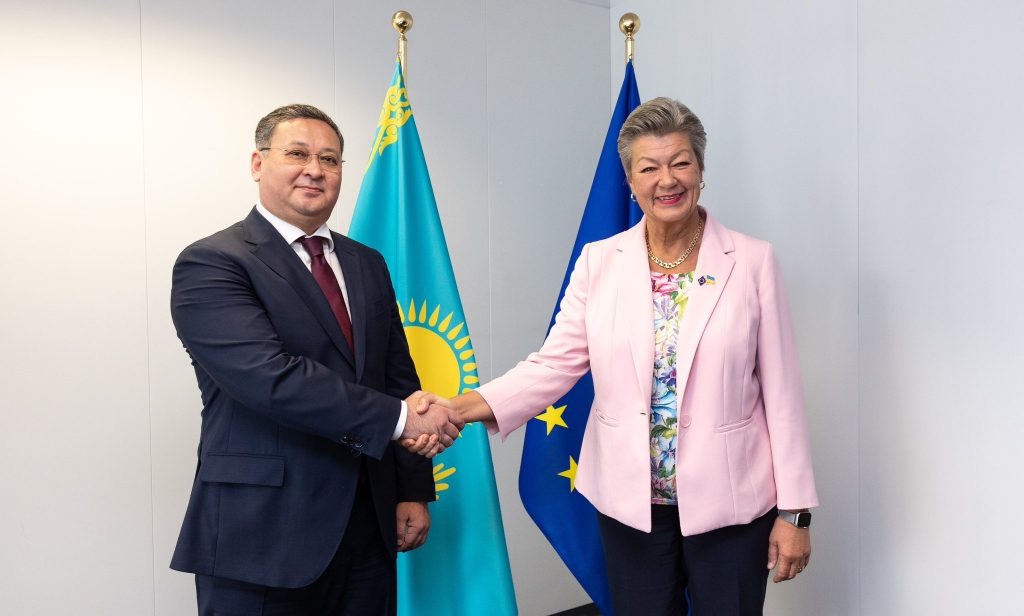Prime Minister Shri Narendra Modi has understood the potential of tourism to create employment and committed the government of India to “Developing Tourism in Mission Mode” with a budget focused on the holistic development of destinations. “Tourism has the same potential in the country as agriculture, real estate development, infrastructure and textiles.” The promotion of tourism will be taken up in mission mode, with the active participation of states, securing the convergence of government programmes and public-private partnerships.
The 2023 Budget advocates a shift from department centric and scheme-centric approach to a destination-centric approach for planning, developing and managing tourism. This joined-up management approach is intended to avoid overlapping functions and duplication of effort in promotion, visitor services, training, and business support.
The government has identified 21 ministries and departments of the central government which have schemes, programs and functions relevant to tourism ranging from External and Home Affairs through revenue, environment, rural development, education and culture to health and family welfare and water resources,
Convergence, getting all of the ministries, departments and agencies at national, state and local levels is essential to managing tourism sustainably. Only if all take responsibility and work together can tourism be used successfully for sustainable local economic development and positively impact the “lives of people at grass root level” and “look at the impact of tourism on livelihood, social and economic empowerment of people working at the bottom of the pyramid.”
Responsible Tourism
Kerala adopted Responsible Tourism in 2006 and quickly emerged as a global leader in using tourism to make better places for people to live. In Kerala, the state government works with the panchayats (village councils), focusing on creating additional livelihoods for communities, ensuring that they benefit from the large numbers of tourists arriving in their midst, and reducing the litter resulting from tourism in the backwaters for which Kerala is famous. Following a series of experimental initiatives in four villages, only the one in Kumarakom was a great success, Kerala continued to develop ways of creating additional livelihoods through tourism. In 2017 Kerala established a Responsible Tourism Mission, which has rolled out the practices developed from Kumarakom across the state.
It is fair to say that Kerala established Responsible Tourism in India. Madhya Pradesh has learnt from Kerala and adapted the Responsible Tourism principles to deliver on local priories in communities across the state. The Responsible Tourism Mission there has based its work on six core values: community involvement, transparency, fair distribution of resources, equal opportunities for all, environment conservation and women’s empowerment.
The South African government committed to Responsible Tourism in its post-apartheid national tourism development strategy in 1996. In the White Paper, they recognised that all three spheres of government – national, provincial and local – would need to work together to manage tourism. “Joined up” government, working with communities and businesses, is essential if Responsible Tourism is to bear fruit. Kerala and Barcelona are currently the two leading destinations for Responsible Tourism. Both have strong local democratic structures, ensuring that the community’s voices are heard and attended to.
India chairs the G20 this year, putting tourism on the agenda for meetings and the summit.
Hopefully, Prime Minister Shri Narendra Modi’s “destination-centric” strategy for “Developing Tourism in Mission Mode” by ensuring the convergence of government programmes and public-private partnerships will encourage other governments to follow Inida’s lead.













